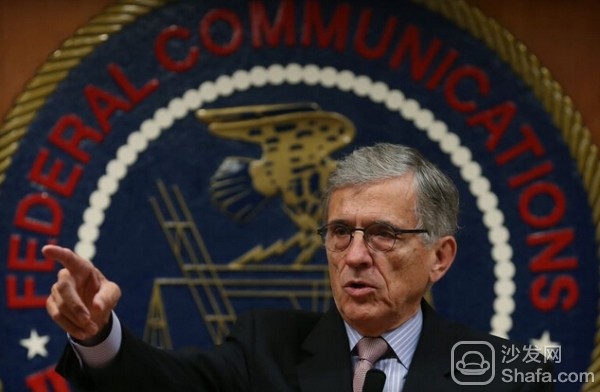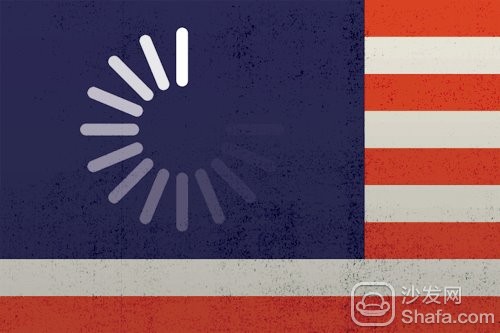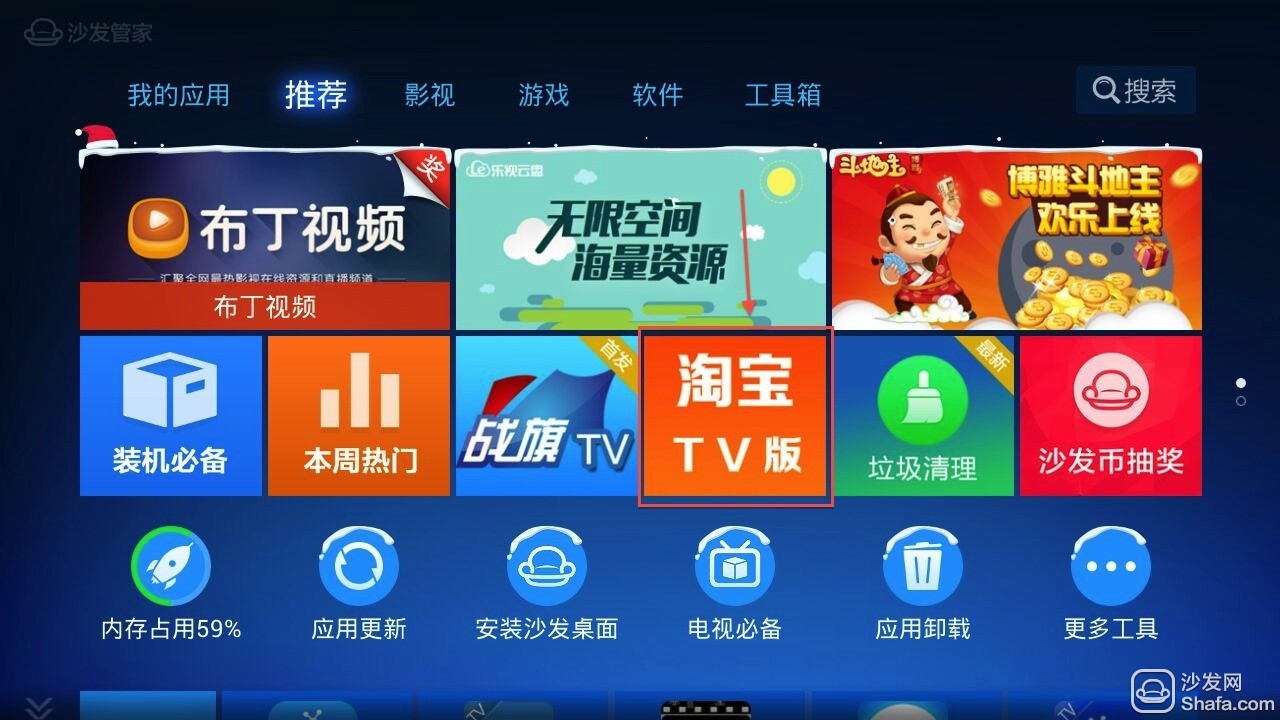
supporter
FCC Commissioner Tom Wheeler strongly supports the new broadband standard. He said: "When 80% of homes reach a broadband speed of 25Mbps/3Mbps, the remaining 20% ​​of households have not reached, then we will have 20% of this. The family has responsibility (to increase broadband service levels)."
FCC committee member Mignon Clyburn said: "We should not be satisfied with the status quo. We want to be better. We must constantly surpass, especially technically. When consumers want better service and higher speeds, this requires us to Need to provide corresponding services to keep up with the needs of consumers. What I am very clear about is that last year's internet service was far from satisfying consumers."
FCC Commissioner Jessica Rosenworcel said that he hopes to adjust the new broadband downlink speed to 100Mbps. He said: “We created the Internet. As long as we set goals, we can achieve anything that we could not imagine before. I really think that our new broadband standard should be 100 Mbps. I think these (speed) restrictions are tethered. Our children, our future and our digital economy."

FCC Commissioner Michael O'Rielly expressed his opposition to the adjustment of broadband standards. He said: “In the broadband progress report, we mentioned that 4K TV needs 25Mbps, but 4K TV is still a new thing and it will take many years to become popular. Although the new standard leads us to the future, these 'futures' seem to stand still. For example, some people believe that humans can move instantaneously between the stars. So, how do we blindly believe such broadband speeds?"
In fact, the FCC's redefinition of broadband standards is more risky. It will suffer from strong opposition from cable service providers. The birth of the new standard means the fundamental removal of DSL services because DSL has never reached the 25Mbps/3Mbps proposed by the new standard.
Telecom telephony companies like ATT and Verizon are also dissatisfied with this new standard because they have more DSL users. Among ATT's 16 million broadband users, 4 million are DSL subscribers, accounting for 25%; and Verizon's 9.2 million broadband subscribers are 2.6 million DSL subscribers, accounting for 28%. ATT can provide the fastest downlink speed of 6Mbps, while Verizon can reach 15Mbps, which is also the highest speed. A Verizon spokesperson said that at present, the company does not have any plans to increase the level of DSL services.
The National Cable Telecommunications Association (NCTA) submitted a letter to the FCC last Thursday. The letter expressed opposition to the new standard, pointing out that the new standard significantly exaggerates the amount of bandwidth required by typical broadband users. NCTA believes that the consensus in the industry is that the transmission of 4K streaming video does not require such a large bandwidth, and users are not necessarily interested in such high quality video content. Netflix, the champion of the new broadband definition, believes that to transmit 4K and ultra-HD video content to users, the network speed needs to reach at least 25Mbps. Admittedly, Netflix's interests are consistent with those who want faster speeds, such as 25Mbps, but are most users really needing such a speed?
You may not need 25Mbps speed to support your 4K video content, which does not seem to affect the texture, but it seems to be less than the new broadband standards in the United States. According to the speed of the company’s NetIndex, the US’s broadband speed is currently ranked 26th in the world, and the FCC’s pressure to increase the speed of cable service providers seems to be excusable. However, there will be a fierce competition in the broadband service market.
Every time growth is accompanied by a bit of pain, it can only change. Every revolution needs a storm before it can stabilize.
Recommended installation sofa butler, download address: http://app.shafa.com/
